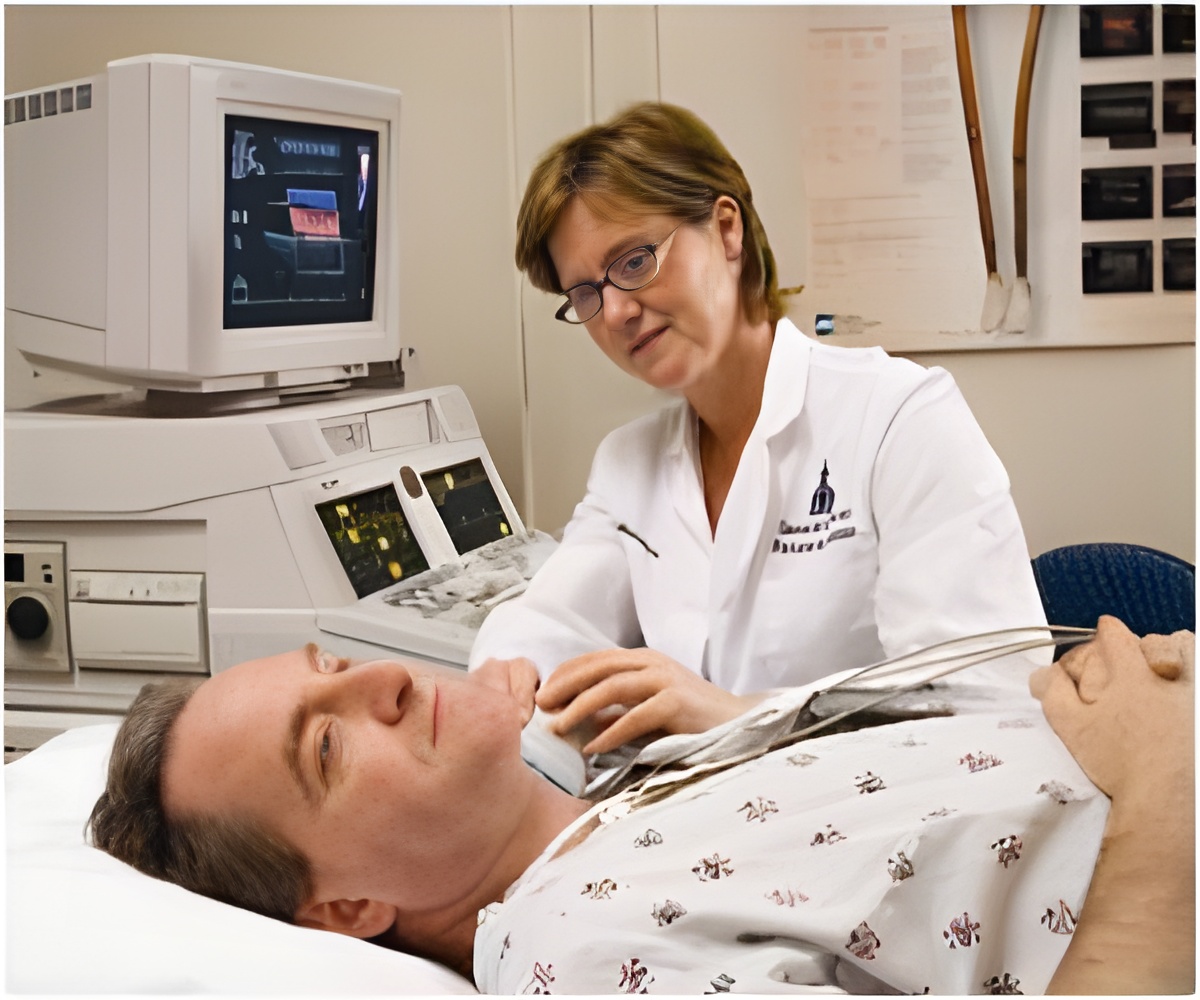Researchers at Women's College Hospital led by Dr Tim Dwyer have developed a new tool that can help medical residents to improve their communication.

"While we do a great job at evaluating the medical skills of residents, we don't have a good tool to objectively test their soft skills such as teamwork and how to communicate bad news to a patient, which is just as important in their careers as surgeons," said Dr. Tim Dwyer, orthopedic surgeon at Women's College Hospital and lead author of the study. "Our new examination tool is very effective in objectively testing multiple soft skills in one examination session in a orthopedic residency program."
The study, involving 25 orthopedic residents with various years of training, examined how medical residents handled cases of suspected domestic violence, their ability to manage the operating room, how they applied evidence-based medicine, and how they communicated with patients' disgruntled family members regarding delays in surgery.
The exam, called the objective structure clinical examination (OSCE), was composed of six 10-minute simulation stations with scenarios based on real-life clinical situations. It tested six soft skills, or CanMEDs competencies, required to be effective physicians: communicator, collaborator, manager, health advocate, scholar and professional.
"You can't be a good doctor if you can't effectively communicate with patients or others on your team," said Dr. Dwyer. "And in the eyes of the public this is paramount to quality care."
According to the study, nearly 90 per cent of residents who were surveyed on the effectiveness of the tool thought that the scenarios reflected the reality of what they would encounter in general practice, and more than 80 per cent agreed that it would help them prepare for their final exam. The majority thought that this tool was an effective way to test their understanding of each of the soft skills.
Advertisement








